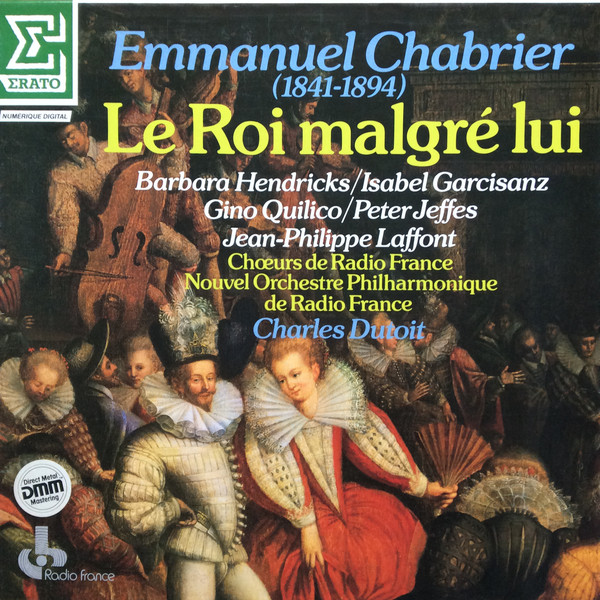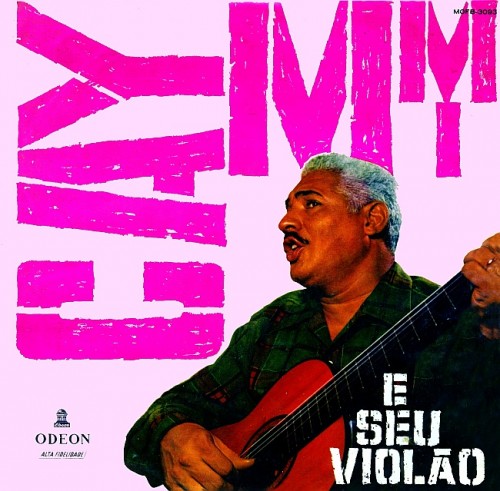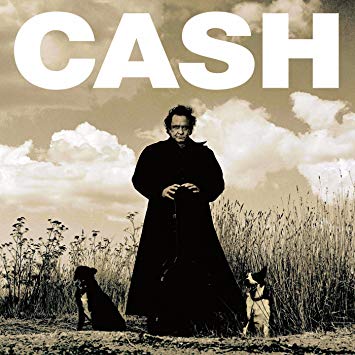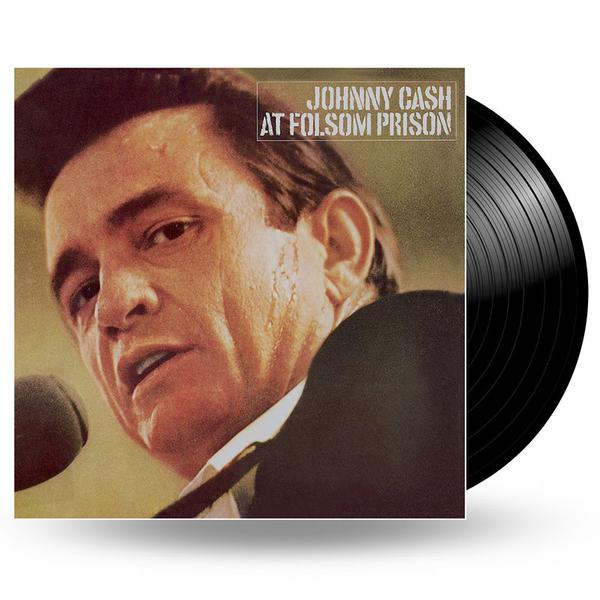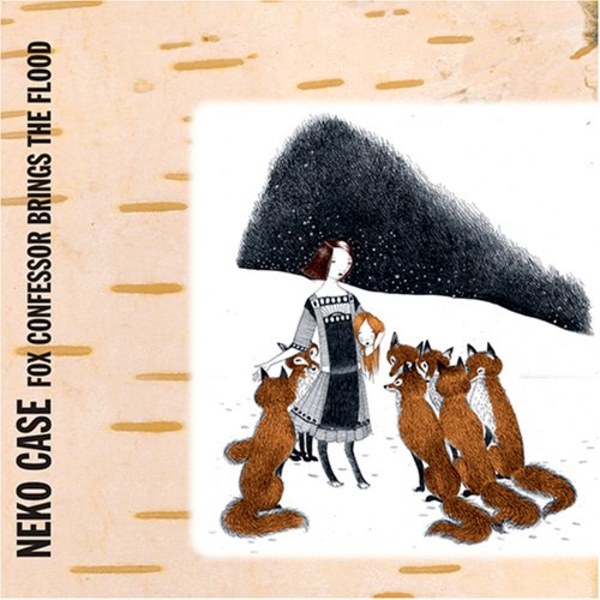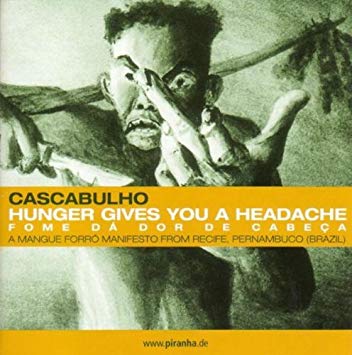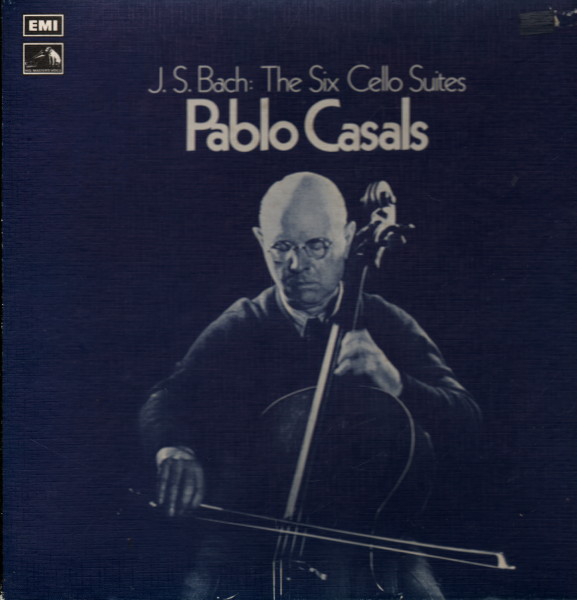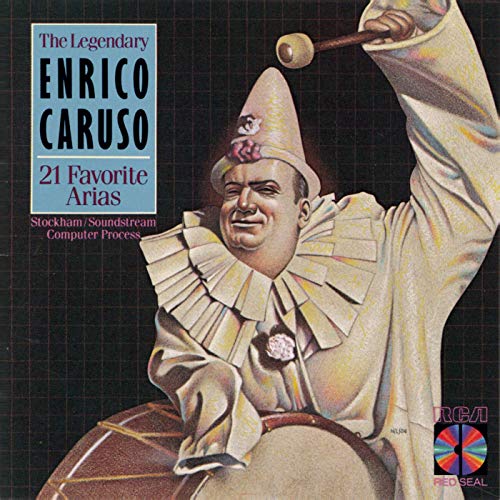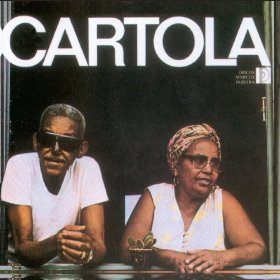I’ll get back to the 1,000 at some point, I promise. I had some more posts already written when covid hit and my work / life balance got forcibly re-calibrated. This post is to let you know what I’ve been working on since March 2020.
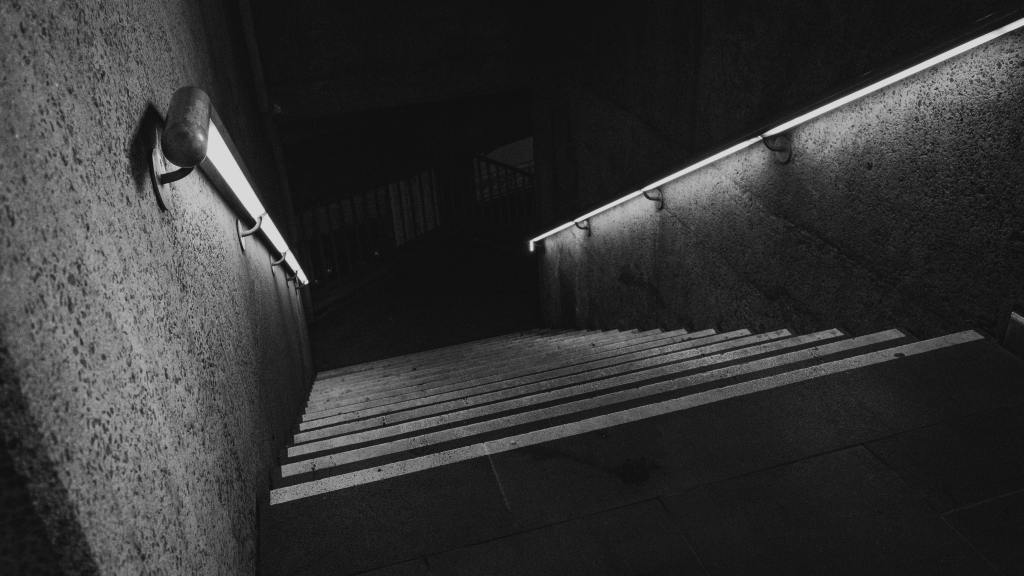
Descending the Stairs is the game about being in a familiar sea of people that I designed while stuck in my apartment.
In Descending the Stairs, players narrate the last night at a beloved and familiar nightclub. By taking turns answering questions about tonight, about nights past, about nights to come, players create a living environment to define and explore together, culminating in a moment at the end of the game where each player descends the stairs for the last time. It is about relationships, focusing on the players and their characters’ subjective impressions of the club, their history with it, and how that impacts their relationships with others.
I launched on Kickstarter at 9.30am ET on February 10. Because people are amazing, I funded at 11.35am ET . . .
Descending the Stairs in a ZineQuest project. It is a TTRPG. It is Descended from the Queen. What does this mean?
A ZineQuest project
First introduced in 2019, ZineQuest is a Kickstarter initiative to encourage and highlight smaller, simpler Role Playing Game projects and old school innovation. There are just a few straightforward guidelines:
– Zines should either contain an RPG or feature RPG-related content.
– Zines should be 5.5” x 8.5” (A5) or smaller.
– Zines should feature one-color printing.
– Zines should be unbound, folded, stapled, or saddle-stitched.
– Campaigns should last no more than two weeks.
This causes far more controversy than you might reasonably be assumed.
A TTRPG
Table Top Role Playing Game, for me and for the world as a whole, started with Dungeons & Dragons, a game where the action took place more in the imagination than on a board. That was 40 years ago.
While D&D is still the entry point and the biggest name, there is so much more than Tolkien-esque fantasy, maps and dice rolling. There is a booming, inclusive, supportive TTRPG community creating every sort of game you can imagine in which players’ imagination is key.
Descended from the Queen
Once upon a time (2019) there was a TTRPG called For the Queen.
It was a wonderful storytelling game where players answered questions to narrate the adventures of a group of people brought together by their Queen for a dangerous mission. Then the designer, Alex Roberts, and publisher, Evil Hat Productions, did something almost as wonderful as the game itself.
They released a license, a system reference document, allowing others to use the framework behind For the Queen to create new games. All they asked was attribution – acknowledgment that the new game was Descended from the Queen.
Please take a look at this labor of love. Back it (until February 24) if it speaks to you. Share it with someone else who might care.
Wash your hands. Wear a mask. Be well.
